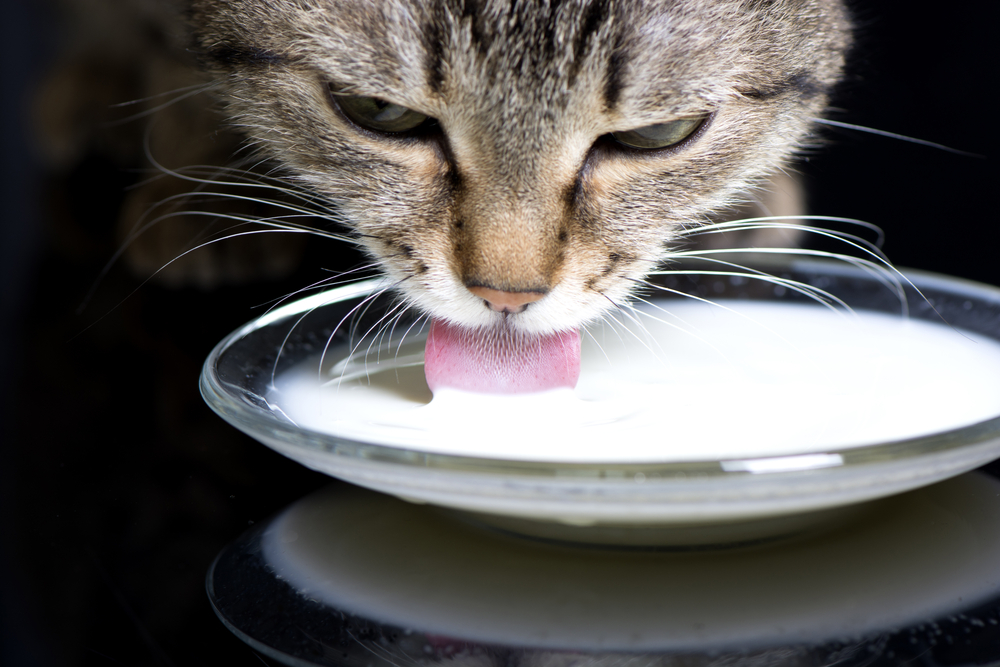
Cracking the Code to Pet Nutrition Myths
Navigating pet nutrition often feels like solving a mystery, with numerous myths complicating the path to your pet’s well-being. With our Harbor Pines Veterinary Center team guiding this detective-style journey, we’ll unravel the truth behind popular nutrition myths for cats and dogs, providing the evidence you need to make informed decisions for your furry pal.
The case of the vegetarian dog
Myth: Dogs can thrive on a plant-based diet.
Investigation: Our first case dives into vegetarian diets for dogs. While it’s tempting to think your dog can thrive on the same vegetarian meals as you, dogs are omnivores who need nutrients only animal products offer to maintain optimal health.
Essential nutrients, such as taurine, vitamin B12, and certain omega-3 fatty acids, are mostly found in animal proteins. These nutrients are crucial for heart health, muscle function, and overall well-being. Without them, dogs can develop nutritional deficiencies, leading to health problems.
Take Max, for example. A lively terrier whose owner switched him to a plant-based diet. Initially, Max seemed fine, but over time, he became lethargic and showed muscle weakness. A vet visit revealed deficiencies that were corrected by reintroducing animal proteins into his diet.
Verdict: Dogs thrive on a diet that includes animal proteins essential for their health and vitality. While dogs can survive on a vegetarian diet with careful planning and supplementation, this diet is not ideal for their nutritional needs.
The mystery of raw food pet diets
Myth: Raw food diets are the most natural and healthiest for pets.
Investigation: The raw food diet trend is gaining popularity because pet food marketers tout it as being a more natural diet for pets. Some would argue that raw diets mimic what pets’ ancestors ate in the wild. However, a raw food diet’s reality is a bit more complex.
While raw diets can be beneficial if carefully prepared, they pose significant risks for bacterial contamination, such as E. coli and Salmonella, which can affect pets and their owners. Creating a balanced raw diet at home is challenging, and nutrient imbalances can lead to health issues.
Consider Mr. Whiskers, a curious cat who enjoyed raw chicken as part of his diet. Unfortunately, Mr. Whiskers contracted a severe bacterial infection, leading to health complications. Fortunately, he made a full recovery once he returned to a balanced commercial diet that meets nutritional standards.
Verdict: Raw food diets carry potential health risks and require meticulous planning to ensure they meet all nutritional needs. They’re not necessarily the best or safest option for every pet, so consult our veterinarian before starting your furry pal on a raw diet.
Grains versus grain-free: What’s best for your pet?
Myth: Grain-free diets are better for all pets.
Investigation: Grain-free diets have surged in popularity, often marketed as superior because of the belief that grains contribute to pets’ allergies and obesity. However, grains are valuable energy, fiber, vitamin, and mineral sources.
Contrary to popular belief, most pets tolerate grains well, and true grain allergies are rare. Recent studies have raised concerns about grain-free diets, which researchers believe causes dilated cardiomyopathy (DCM) in dogs, which is linked to grains’ absence. More about this here!
Bella, a playful retriever, experienced heart issues after her diet was switched to grain-free food. Her condition improved after grains were reintroduced, highlighting the vital role grains play in a well-balanced diet.
Verdict: Grain-free diets are not inherently superior and can lack essential nutrients that support heart health. Most pets benefit from a balanced diet that includes grains, providing necessary nutrients for living their best lives.
The cat and dairy conundrum
Myth: Milk and dairy products are good treats for cats.
Investigation: The image of a cat lapping up a bowl of milk is iconic, but most adult cats are lactose intolerant. As kittens, cats produce lactase, the enzyme required to digest lactose in milk, but this ability diminishes as they grow older. Consuming dairy can lead to digestive upset and potentially cause diarrhea and stomach discomfort.
Sheldon, a charming orange tabby with a fondness for milk, often indulged in dairy treats such as milk and cheese, which led to digestive issues. Switching him to dairy-free treats and water resolved his tummy troubles, giving him a happy belly.
Verdict: Most adult cats cannot digest lactose, making milk and dairy products unsuitable for them. To prevent your cat from developing digestive issues, give them dairy-free foods and treats.
For your next adventure in pet nutrition, consult with our Harbor Pines Veterinary Center team for personalized advice about your pet’s nutritional needs and learn more about crafting a balanced diet for your furry pal. We can provide tailored recommendations to ensure your pet’s diet meets all their nutritional needs, from everyday meals to special dietary requirements. Give us a call or schedule online today.

